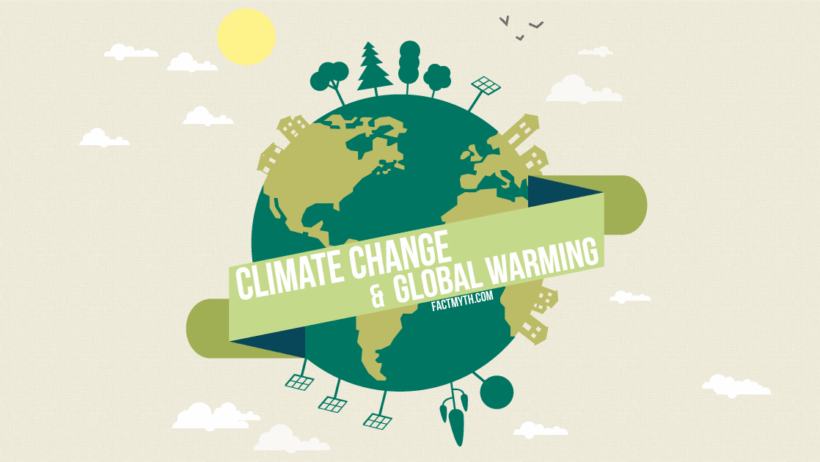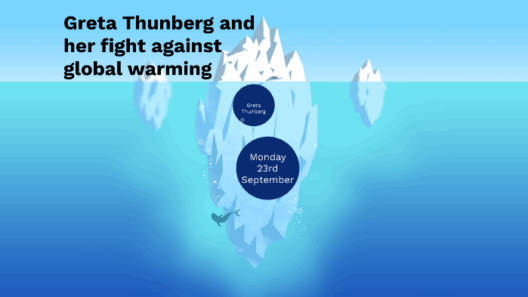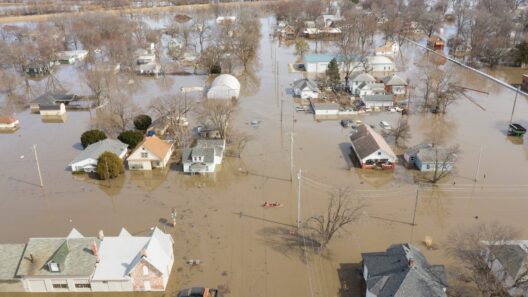Global warming has become a ubiquitous topic of conversation across the globe, with opinions diverging significantly based on geographical, economic, and cultural contexts. While numerous nations acknowledge climate change as a dire challenge, the degree of belief and the urgency of action vary drastically. This phenomenon invites a closer examination of the factors contributing to these differences and the implications they have on global cohesion in combating climate change.
Each country, influenced by its unique historical trajectory and socio-economic conditions, manifests a distinct perception of global warming. In some regions, particularly in developed nations, the overwhelming consensus among scientists and the public is one of alarm and urgency. A robust body of research underpins this belief, evidencing rising temperatures, melting glaciers, and increasingly frequent natural disasters. Advocacy groups incessantly rally for policies aimed at mitigating these impacts. Conversely, in certain developing nations, skepticism looms large, often stemming from pressing immediate concerns such as poverty and unemployment, which overshadow discussions about climate change. In these contexts, climate change may be perceived as a distant threat, one that doesn’t demand immediate action when daily survival is at stake.
The geographical location of a country significantly influences its perspective on global warming. Nations situated in low-lying coastal areas or regions prone to extreme weather events tend to exhibit heightened awareness and concern regarding climate change. For instance, island nations like the Maldives or Tuvalu face existential threats from rising sea levels, rendering their populations acutely aware of the implications of global warming. In stark contrast, landlocked nations with fewer immediate risks may grapple with the concept as an abstract or political issue rather than a pressing existential challenge.
Cultural narratives also play an instrumental role in shaping attitudes towards climate change. In cultures where anthropocentrism dominates, individuals may view the natural world primarily as a resource to be exploited, which breeds indifference towards environmental degradation. Conversely, societies with a robust spiritual connection to nature often emphasize stewardship and sustainability, cultivating a proactive stance against climate change. In many Indigenous cultures, for example, there exists a profound understanding of the symbiotic relationship between humans and the environment, fostering practices that aim for ecological balance. The divergence in these worldviews encapsulates a broader philosophical debate about humanity’s role within the natural system.
Moreover, the media landscape shapes public perception of climate change dramatically. Countries with comprehensive, transparent media that consistently highlight scientific consensus tend to foster a more informed citizenry. Conversely, in nations where misinformation proliferates, climate change can become a politicized subject, leading to confusion and skepticism among the populace. In some cases, political ideologies become tightly intertwined with beliefs about climate change, influencing whether individuals accept scientific findings or view them as politically motivated narratives.
Economic factors are intricately intertwined with public perception of global warming. Wealthier countries are generally more equipped to address climate issues, implementing advanced renewable energy technologies and enforcing stringent environmental regulations. In these countries, the conversation often revolves around innovation and transition towards a sustainable economy. On the other hand, developing countries may prioritize economic growth and job creation over environmental concerns, viewing drastic measures against climate change as potential hindrances to their development. The struggle between economic advancement and environmental preservation parallels the even broader discourse surrounding growth versus sustainability on a global scale.
Furthermore, international cooperation plays a pivotal role in shaping attitudes toward climate change. Agreements such as the Paris Accord aim to unify nations in the fight against global warming, emphasizing the necessity of collective action. However, varying levels of commitment and capability among countries propagate disparities in belief and action. Nations with the capacity for technological innovation often lead the charge, but achieving global consensus remains arduous. The friction between industrialized and developing nations stems from differing historical responsibilities for greenhouse gas emissions and current capabilities to address climate impacts.
Resilience and adaptation strategies also play a significant role in how populations perceive climate change. Countries that are already experiencing the impacts of climate change are likely to recognize the urgency for adaptation measures. These societies often mobilize resources toward disaster response and resilience-building while simultaneously advocating for sustainable practices. The immediacy of their experiences translates into a more profound understanding of climate issues, focusing not only on mitigation but also on living with the realities of a warming planet.
Finally, education is a critical component in addressing the question of whether people in other countries think similarly about global warming. Educational initiatives that inform citizens about climate science and its ramifications can bridge the gap in understanding and foster a coherent global perspective on the issue. The empowerment of individuals through education can spark grassroots movements that demand accountability and action at higher levels of governance.
In summation, the perception of global warming is far from uniform around the globe. Variations in belief systems, cultural context, economic capacity, and media influence create a complex tapestry of attitudes towards climate change. As the climate crisis continues to escalate, fostering dialogue and cooperation across national boundaries becomes more critical than ever. Understanding and addressing the nuances behind these differing perceptions is essential for fostering global solidarity in the fight against climate change.







